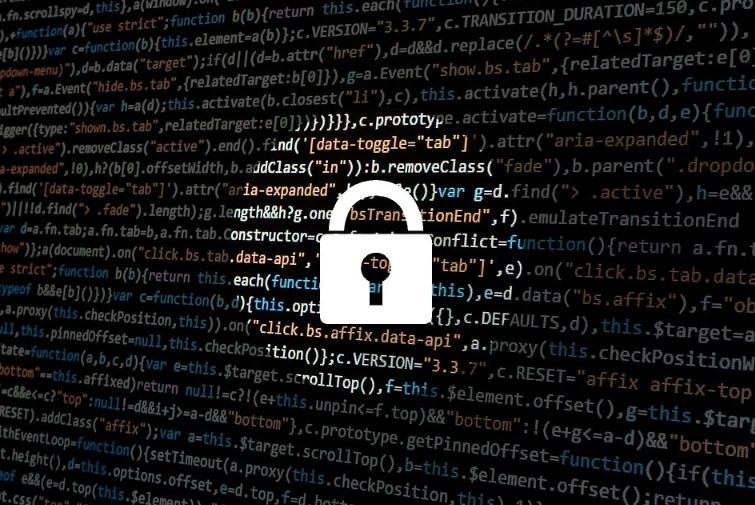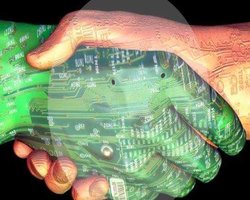Cyber security needs to be improved, otherwise the global economy may be facing a growing number of cyberattacks which could costs trillions of dollars, says a report issued by the World Economic Forum and McKinsey & Company.
 The report – Risk and Responsibility in a Hyperconnected World – puts forward measures institutions can take to protect themselves from cyberattacks and minimize their strategic and economic consequences.
The report – Risk and Responsibility in a Hyperconnected World – puts forward measures institutions can take to protect themselves from cyberattacks and minimize their strategic and economic consequences.
Cyberattacks are increasing
With the recent increase in cyberattacks, business leaders must take the problem seriously. Protecting data assets and online operations needs to become a top priority.
Cloud computing, massive analytics and big data could boost the global economy by between $9.6 trillion and $21.6 trillion, the authors point out.
However, if attackers become sophisticated at a faster rate than defenders, there will be more cyberattacks. Introducing new regulations and corporate policies would slow down innovation, which the authors believe could cost the world economy about $3 trillion by the end of this decade.
“It’s not a questions of simply building walls”
Alan Marcus, Senior Director and Head of Information Technology and Telecommunications Industries at the World Economic Forum USA, says:
“Developing resilience to cyber risks in our economic and social systems is not a question of simply building walls for security.”
“There are trade-offs to be made with other goals we wish to value, such as privacy, growth, innovation, and the free flow of goods and data. But to make good decisions, we need better data.”
The authors show how top private and public leaders can protect against the economic and strategic consequences of such attacks, essentially by building awareness, understanding and coordinating action.
Apart from assessing the economic impact of concerns related to cyber risks, the report puts forward a global framework aimed at coordinating collaboration among various parts of the private and public sectors.
Fundamental change required
James Kaplan, a Partner at McKinsey & Company, said:
“There needs to be a fundamental change in the way we protect ourselves from cyber attacks.”
“Check-the-box compliance-based approaches simply don’t work anymore. Companies and public institutions need to build cybersecurity capabilities that are scalable, deeply integrated into the broader IT environment and focused on addressing the more important business risks.”
When making the report, the authors gathered data, opinions and knowledge from more than 300 top executives, experts and public officials from a wide range of sectors.
The report also includes data on how effective we currently are at resisting cyberattacks, and provides “a roadmap for collaborative action with which participants can gauge their current level of cyber risk capability and improve their readiness.”
Video – Cyber Security
Cyber security or cybersecurity refers to the protection of sensitive data and computer systems from hackers and digital attacks. Cyber includes anything related to computer systems, IT, and virtual reality.

